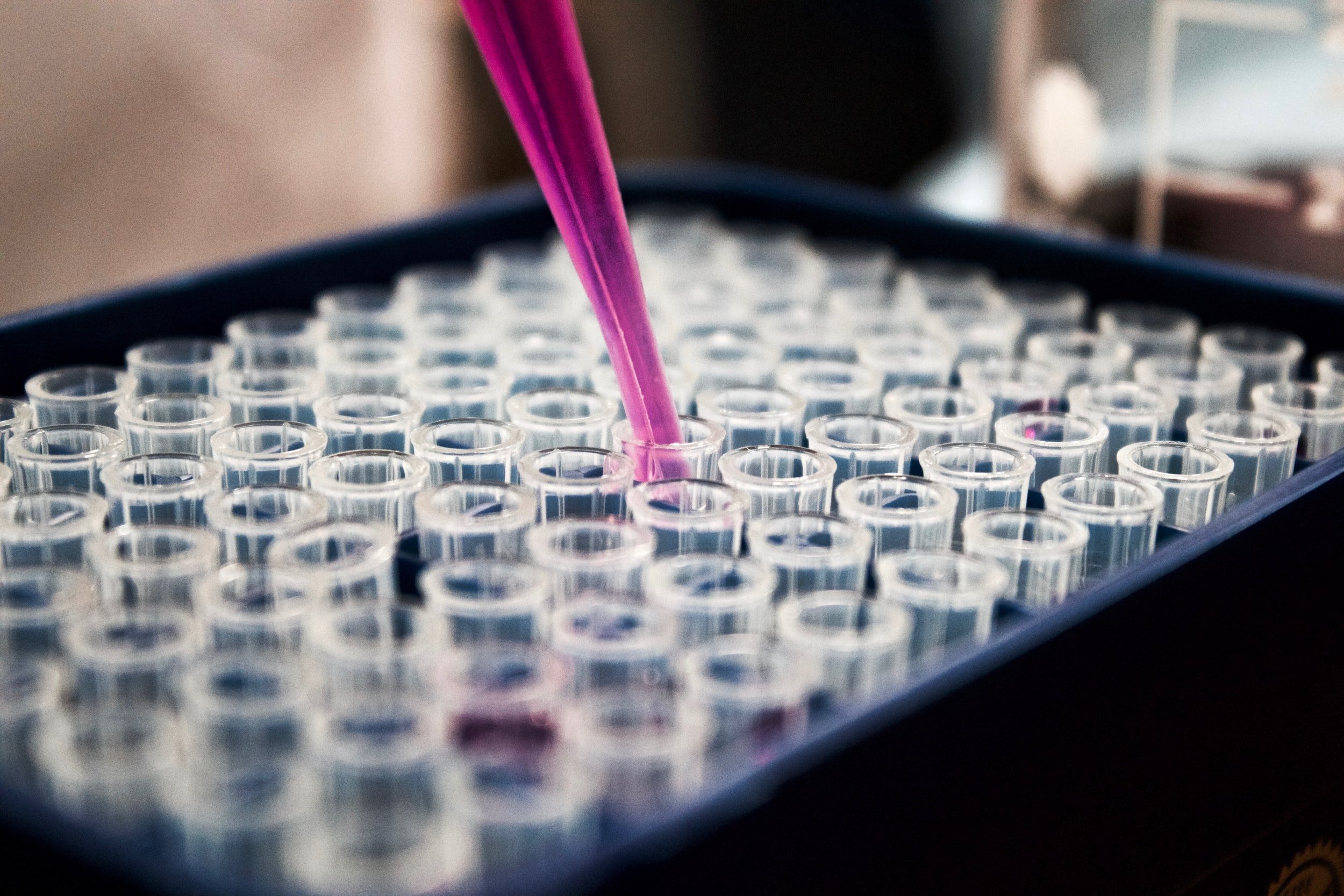
Anti-Doping
All athletes have the right to compete in sport knowing that they, and their competitors, are clean. The use of performance-enhancing drugs and doping activity severely damages the legacy of sport and undermines the integrity of true athletes.
UK Ultimate is committed to ensuring that Ultimate is a drug free sport, and has Anti-Doping Rules that comply with the World Anti Doping Code (WADA), the World Flying Disc Federation (WFDF) and the National Anti Doping Organisation, UK Anti-Doping (UKAD).
Your Anti-Doping Rules
The following resolution was passed by the UKU Board in January 2013.
“The anti-doping rules of UK Ultimate are the UK Anti-Doping Rules published by UK Anti-Doping (or its successor), as amended from time to time. Such rules shall take effect and be construed as the rules of UK Ultimate.”
You can find the UK Anti-Doping Rules here.
What is anti-doping?
Anti-doping is integral to clean sport. As an athlete, it’s important you are clued up on the anti-doping rules so that you can continue to enjoy and achieve success in your sport.
UK Anti-Doping (UKAD) is the national body responsible for protecting clean sport in the UK. UKAD ensures that sports bodies in the UK comply with the World Anti-Doping Code which governs clean sport.
100% me – supporting athletes to be clean
100% me is UK Anti-Doping’s prevention programme and is designed to help you throughout your sporting journey. 100% me supports, informs and educates athletes throughout their careers by providing anti-doping advice and guidance. Find out about 100% me in the dedicated Athlete Zone of the UK Anti-Doping website.
What is strict liability?
As an athlete, one of the most important things to be aware of is the principle of strict liability. This means that you are personally responsible for any banned substance found in your system, regardless of how it got there and whether or not you had an intention to cheat.
What are the anti-doping rules?
The World Anti-Doping Code outlines eight Anti-Doping Rule Violations (ADRVs) which govern clean sport. Athletes – and athlete support personnel – may receive a ban from sport if any of the following ADRVs are committed:
Returning a positive test
Using, or attempting to use, a banned substance or method
Refusal or failure to provide a sample when requested
Tampering, or attempting to tamper, with any part of the testing process
Possession of a banned substance or method
Trafficking, or attempted trafficking, of any banned substance or method
Administering, or attempted administering, of a banned substance or method to an athlete; or encouragement, aiding and/or covering up of any involvement in an ADRV
Receiving of any combination of three filing failures and/or missed tests in a time period of 18 months (for athletes who are part of the National Registered Testing Pool).
The Prohibited List
All banned substances and methods in Code-compliant sports are outlined on the Prohibited List, which is updated at the beginning of every calendar year but may also be updated throughout the year. The latest Prohibited List can be found on the WADA website.
Key advice to staying clean
-
Before taking any medication (whether from a doctor or bought over the counter) you must check it for banned substances. Medications can be checked online at Global DRO. It is important to note that medications bought in one country may contain different ingredients to the same branded medication in another country.
-
You are strongly advised to be very cautious if you choose to take any supplement such as vitamin tablets, energy drinks, or sport-nutrition formulas. This is because there is no guarantee that any supplement is free from banned substances.
All athletes are advised to assess the need for the use of supplements in the first instance and to assess the risk before making a decision to use supplements. Visit the UK Anti-Doping website for further advice including information on the Informed Sport programme and case studies of athletes who have been caught out.
-
If you need to use a banned substance or method to treat a genuine medical condition, and there are no reasonable alternatives, you may have to apply for a TUE. You can find out more about whether you need a TUE and how to apply for one (including emergency TUEs) here.
-
You should feel prepared when notified that you are to be tested by Doping Control. If you are selected for testing, you should take a representative with you so they can support you. You should know your rights and responsibilities, including what may happen if you are unable to provide a sample.
UK Anti-Doping recommends that you follow your normal hydration routines and that you follow the instructions given by the Doping Control Officer. You should be prepared to provide details of any substances you have taken – this needs to be written on the Doping Control form. This is your test and your sample, Find out more about testing and your rights and responsibilities in the Athlete Zone.
-
Please do not hesitate to ask questions about the anti-doping rules. As well as asking your NGB, coaches and support personnel, you may also contact UK Anti-Doping directly, who will be able to answer any questions and provide guidance.
-
We all have a responsibility to report doping in sport and help keep it clean. A 24-hour dedicated phone line, hosted by Crimestoppers, is ready to take your call if you have any suspicions or concerns about incidences of doping in sport. You can provide information in complete confidence by calling 08000 32 23 32 or via a secure online form. All information is passed securely to UK Anti-Doping’s intelligence unit for investigation.
Useful links and resources
Check your medications on Global DRO
Remember to check all medications on Global DRO where you can search by ingredients or brand name.
Assess the risk of supplements on Informed Sport
You can find information on supplements and ways of reducing the risks on Informed Sport.
